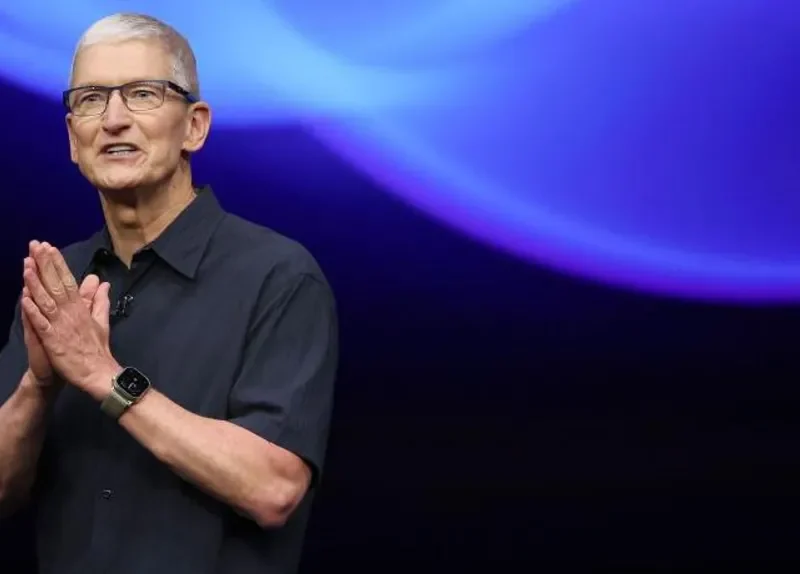Apple CEO Tim Cook stated that the company might need to adjust its diversity policies in response to evolving legal frameworks in the U.S.
His remarks followed a shareholder vote where the majority rejected a proposal urging Apple to reconsider its diversity initiatives, including hiring practices based on race and gender. The company had opposed the proposal, arguing it was an attempt to interfere in its operations.
This scrutiny comes amid former U.S. President Donald Trump’s push to eliminate DEI programs in both government and private sectors. Although legal challenges have stalled these efforts, several major corporations—such as Meta, Amazon, and Goldman Sachs—have already scaled back or discontinued their DEI initiatives due to legal concerns.
Despite this trend, Apple opposed the shareholder proposal. Such measures rarely succeed when contested by companies, making the rejection unsurprising. This follows a similar outcome at Costco, where a DEI-related shareholder proposal was also dismissed.
Although shareholders voted against the measure, Cook acknowledged that Apple might need to modify certain policies to comply with legal changes. However, he emphasized the company’s ongoing commitment to fostering a workplace rooted in dignity, respect, and inclusivity.
Cook clarified that Apple does not implement hiring quotas—one of the most contentious aspects of DEI policies. Instead, he highlighted the company’s strength in uniting individuals from diverse backgrounds and perspectives. He reiterated Apple’s focus on creating an inclusive environment where employees can perform at their best.
The shareholder proposal was introduced by the National Center for Public Policy Research, a conservative think tank that also led the DEI-related initiative at Costco. The organization argued that Apple’s diversity programs posed legal, reputational, and financial risks, referencing broader corporate shifts and recent legal rulings that have made it easier for employees to file discrimination lawsuits.
Stefan Padfield from the think tank’s Free Enterprise Project stated that regulatory pressure on DEI had increased following the Trump administration’s directive to investigate such programs in the private sector. He asserted that “DEI is out and merit is in.”
Angela Jackson, an advisor at Harvard University’s Project on Workforce, noted that Apple’s strategy of rejecting the shareholder proposal while remaining open to potential policy adjustments could help balance competing interests. However, she warned that this defensive stance might not be enough and suggested Apple should reinforce the economic value of DEI initiatives.
The broader debate over DEI in the U.S. has raised concerns about potential challenges to such policies globally. Catherine Howarth, CEO of responsible investment group ShareAction, suggested Apple had calculated that opposing the proposal was in its best interest, given potential backlash from consumers and employees.
During the meeting, shareholders also rejected proposals requiring Apple to disclose AI privacy practices, charitable contributions, and efforts to combat child exploitation. However, they approved the company’s board nominees and executive compensation, including Cook’s $74 million pay package.











